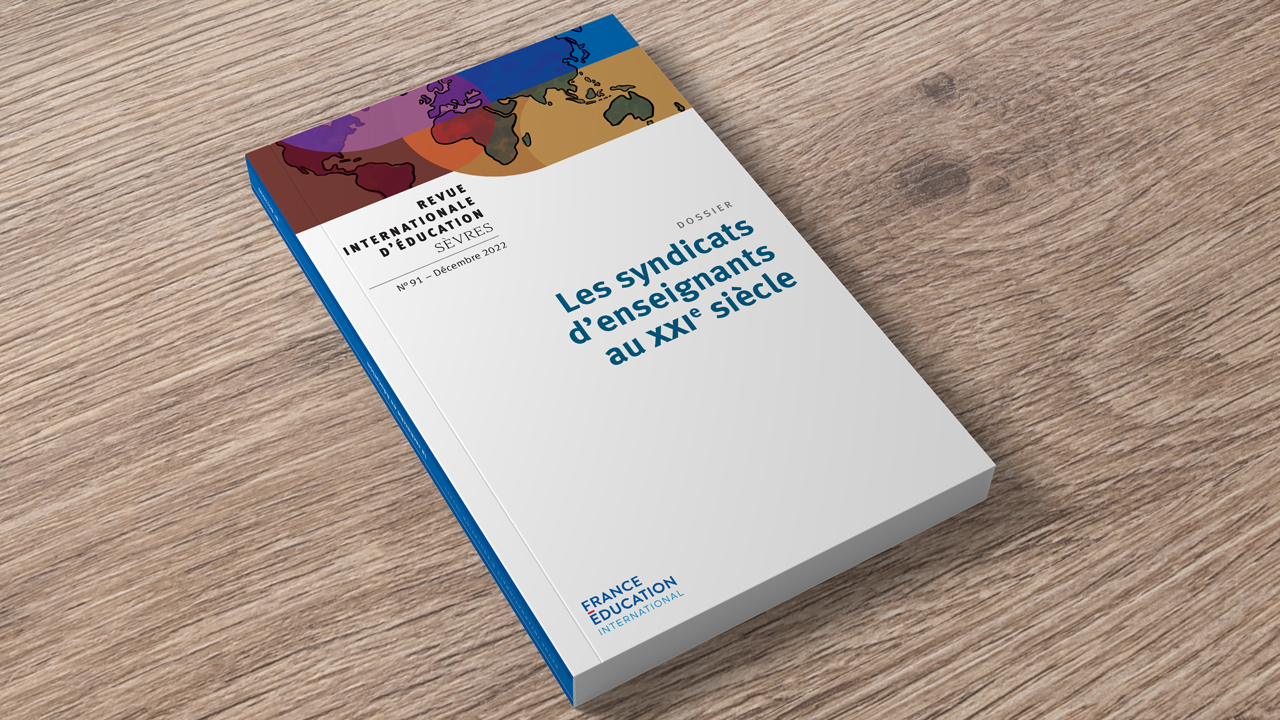Teachers’ unions in the 21st century

N°91, December 2022
Coordination : José Weinstein and Werner Zettelmeier
In most countries, the founding of a state school system went along with the creation of teachers' unions, which developed in the twentieth century as state provision expanded and offered education for all.
Teachers' unions tend to remain central to the issue of educational change, being seen by some as an obstacle to necessary reforms, while others see them as defenders of values and interests that are specific to teachers, and as a bastion of public education.
Moving away from this polarised logic, the latest dossier of the Revue Internationale d’Education de Sèvres examines 10 case studies to identify changes in teacher unionism at the beginning of the 21st century. Is it weakened and taking a back seat, or is it undergoing a process of renewal and searching for new forms of expression to better fit current educational transformations?
The articles highlight a certain disaffection of teachers for their unions, not only in developing countries where access to education is marked by strong social inequalities, but also in certain developed countries. Traditional demands for better working conditions, pay and the defence of existing employment rights no longer seem sufficient to generate lasting support.
But a new dynamic is also evident: in some contexts, unions are proposing reforms of the school system and the role of teachers. Other forms of representation and organisation are emerging. Could these changes, still in their infancy, give teachers a new voice in schools and wider society in years to come?
Case studies: Austria, Canada, USA, France, India, Mexico, Peru, Senegal, Sweden.
Coordinators:
- José Weinstein, sociologist, professor at Diego Portales University in Chile, where he heads the leadership programme of the Faculty of Education. He was Deputy Education Minister and Minister of Culture under President Ricardo Lagos (2000-2006).
- Werner Zettelmeier, former associate professor at Cergy-Pontoise University, specialised in the analysis of the French and German education systems. His particular interests lie in senior leadership teams and relations between schools, vocational training and employment in both countries.
To order this issue
